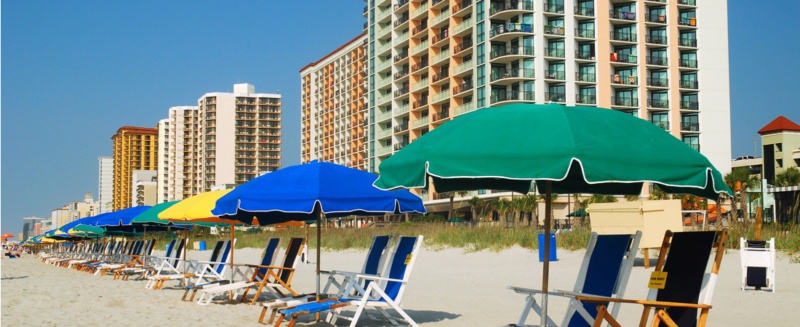We recently received a letter in response to one of our readers who wondered whether the timeshare owned by a parent would become the reader’s responsibility after the parent’s death. This is what this person wrote (The letter has been edited for clarity and space).
Q: You recently ran an article from a reader who wondered whether the timeshare owned by a parent would become the reader’s responsibility after the parent’s death. You said that the timeshare ownership could be rejected as an inheritance. I am not so sure that the article is entirely accurate and at the very least I think it is incomplete and misleading. The following is the basis of my opinion.
There is a principle in the law that guides the rules regarding property and that principle is called “free alienation of land” (can be interpreted as real estate). What this means in general is that nothing should stand in the way of transfers of real estate. Therefore, the law is rather particular that there should always be ways to solve problems and the ownership of land should always be able to be transferred. That is because land has historically always been viewed as a very valuable asset. In general, the rules (laws) governing timeshares come under the law of property and therefore real estate.
Though today many timeshare ownership schemes are points, floating weeks, etc., the original timeshare ownership was evidenced by a Warranty Deed. (and many still are), even if that deed covered only one week’s usage of a 3-room “condo-like” unit. And, when the owner sold the timeshare, the owner signed a warranty deed granting the timeshare to the new owner.
What I have to say now may not apply to the newer “points” based, “floating week” type of ownership because to be honest, I don’t know much about how they work.
What I do know is that if a deceased person owns a piece of “real estate” (including a timeshare) evidenced by a Warranty Deed, that “asset” of the deceased person’s estate has to be the subject of a probate case, just as any other piece of real estate that was owned by the deceased person would be the subject of a probate case. And, as such, if it is not transferred out of the deceased person’s probate estate to a named beneficiary, or an heir at law, by some mechanism, the probate case cannot close, the personal representative (executor) of the estate will not be discharged from their duties by the court.
If the owner/managers of a timeshare resort has a 3rd-party service that searches newspapers for creditor notices published as a part of pending probates, and the deceased timeshare owner is delinquent on on annual maintenance fees, the timeshare resort — or the 3rd party service on the resort’s behalf — will file a creditor claim in the probate case. If the claim is not paid, and a satisfaction of claim is not filed in the probate case, again the probate will not close and the personal representative will not be discharged.
While the above is an abbreviated version of why I believe the article is inaccurate and misleading, it should at least give all of you pause, because of the likely demographics of the readership in my area.
I will be back in touch if I am successful at honorably managing to assist my client in divesting themselves of their timeshare assets.
A: We thank you for your insightful information and appreciate your response. You may be right that in cases where timeshares go through probate something must be done. However, many of our readers die and their estates never goes through probate.
Let’s imagine, for example, a couple that own a home, car, timeshare, some bank accounts and personal effects. Some of our readers end up owning their home and bank accounts jointly with their kids. When the parents die, the assets transfer to the kids and the only asset left is the timeshare interest.
In these situations, where the timeshare is the only asset that remains and is unclaimed, the probate court would have no action to take. The timeshare resort is a creditor and when the amounts owed are not paid, the timeshare resort can foreclose the interest of the deceased owner and resell the timeshare unit.
We think that the timeshare resort taking action against the timeshare unit is a more likely situation than using the timeshare resort’s status as creditor to open up probate proceedings, force the court to designate an administrator of the estate. We would think that the timeshare resort would have cheaper and better results trying to take over the timeshare interest rather than try to collect from family members
Having said that, we appreciate that you might be thinking that there is a difference between a timeshare interest in a resort in a tourist destination that sells for $5,000 versus a timeshare resort that sells with a national hotel company for $75,000 or more. When we get letters from our readers, they are not writing to us about the expensive timeshare resorts. While it may be hard to sell all timeshares, the larger and more expensive timeshares can sell, even if the owner takes a loss.
Again, thank you for your insight and detailed information.







Leave A Comment